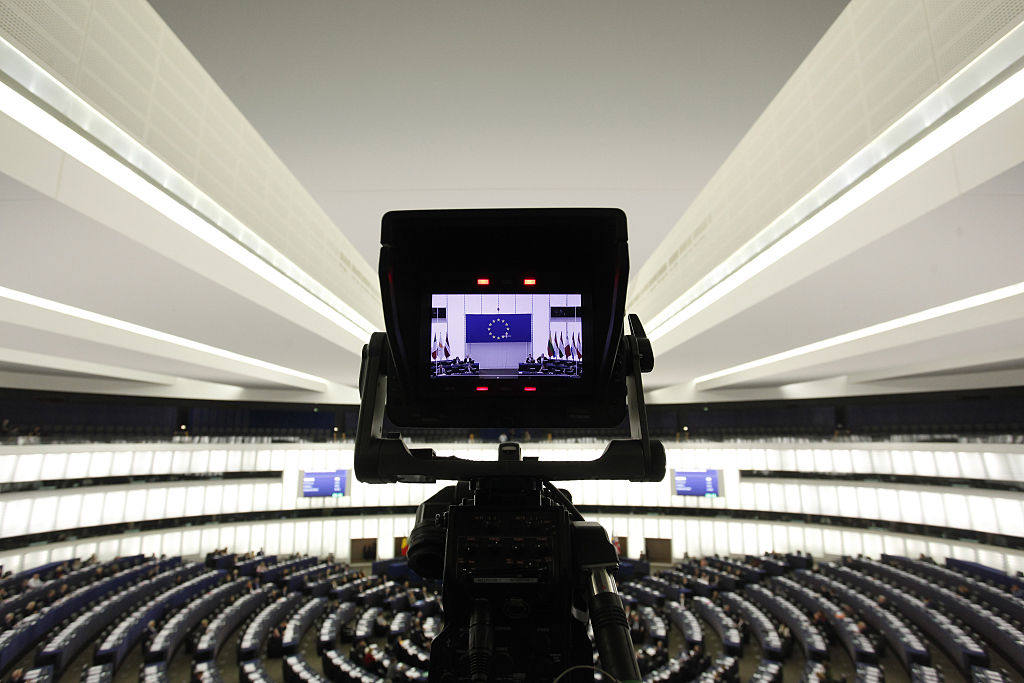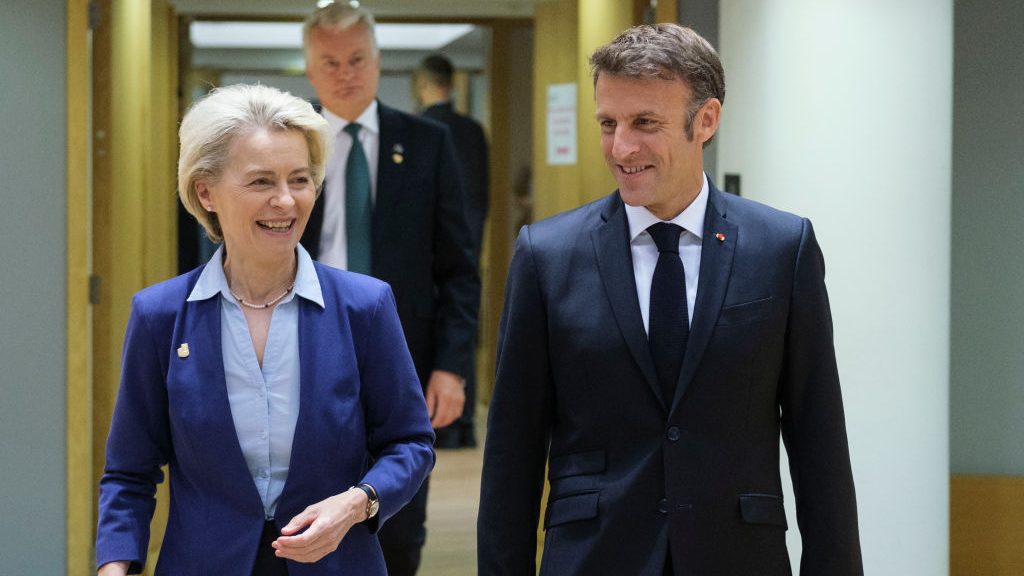There are no conventional fishing-trawler engines currently in existence that can effectively comply with the European Union’s new “green” energy scheme, a French MEP has claimed.
France Jamet, a representative from Marine Le Pen’s Rassemblement National party, made the comments in relation to a subsidy scheme encouraging fishermen to replace the engines in their boats with newer models that burn less fuel and/or release less carbon dioxide.
According to the parliamentarian, the requirements for taking advantage of such a grant are currently impossible to meet, with Jamet arguing that there are no conventional engines on the market that fulfil the bloc’s criteria.
“The [EU] provides for support for replacing the engine of fishing vessels provided that a comparative study can demonstrate that the new engine emits 20 per cent less CO2 or uses 20 per cent less fuel than the old engine,” she noted in a written question to the European Commission.
“However, studies carried out by experts appear to show that, using conventional fuels such as diesel, there are currently no engines on the market which, in the specific field of professional maritime fishing, are able to use 20 per cent less fuel or emit 20 percent less CO2 for equal power.”
Jamet acknowledged that such criteria could be met via the use of engines that run on HVO100 – a type of fuel derived from vegetable oil – but that such replacements would be unsuitable for the majority of fishing vessels.
In addition, the eco-friendly fuel is more costly than conventional diesel and most European ports do not even stock it.
“It would seem therefore that it is simply impossible to meet the criteria for eligibility for support for engine replacement of fishing vessels,” Jamet concluded, asking if the European Commission would be willing to review the requirements in order to make the grant more readily available.
Responding to the question, EC environment chief Virginijus Sinkevičius rejected the suggestion that the requirements needed to be changed.
Seemingly acknowledging the problem outlined by Jamet, Sinkevičius said that engine approval was based simply on what each engine manufacturer claimed the emissions or fuel benefits of their newer models were.
As such, he said that there was enough “flexibility” within the EU rules to make the current programme workable.
“Consequently, the Commission does not intend to propose that amendments are made to [the] Regulation,” he said.
Brussels Signal approached Jamet for comment but none had been forthcoming as of writing.





